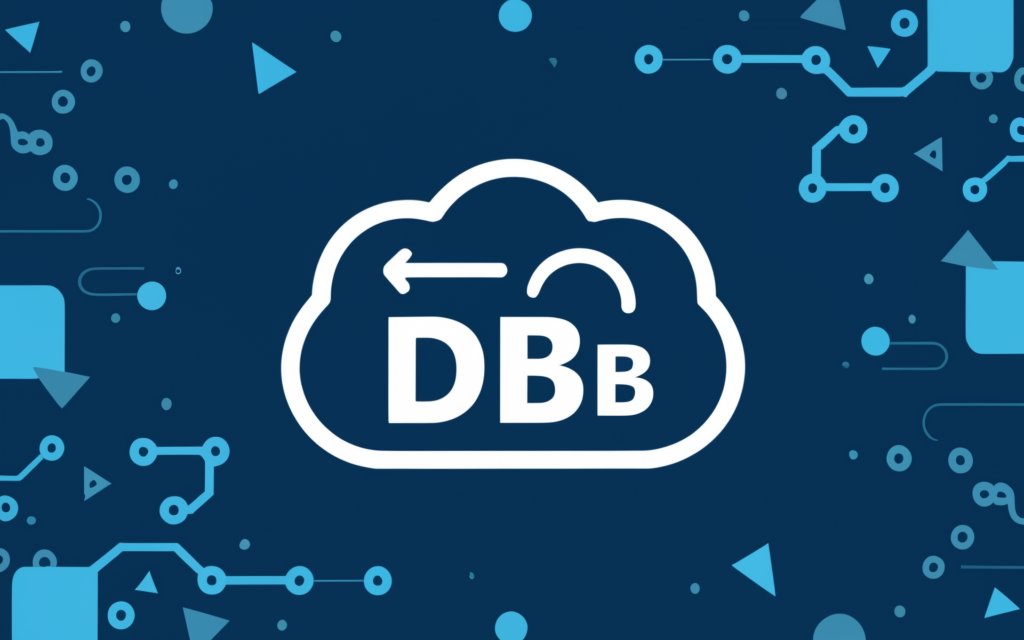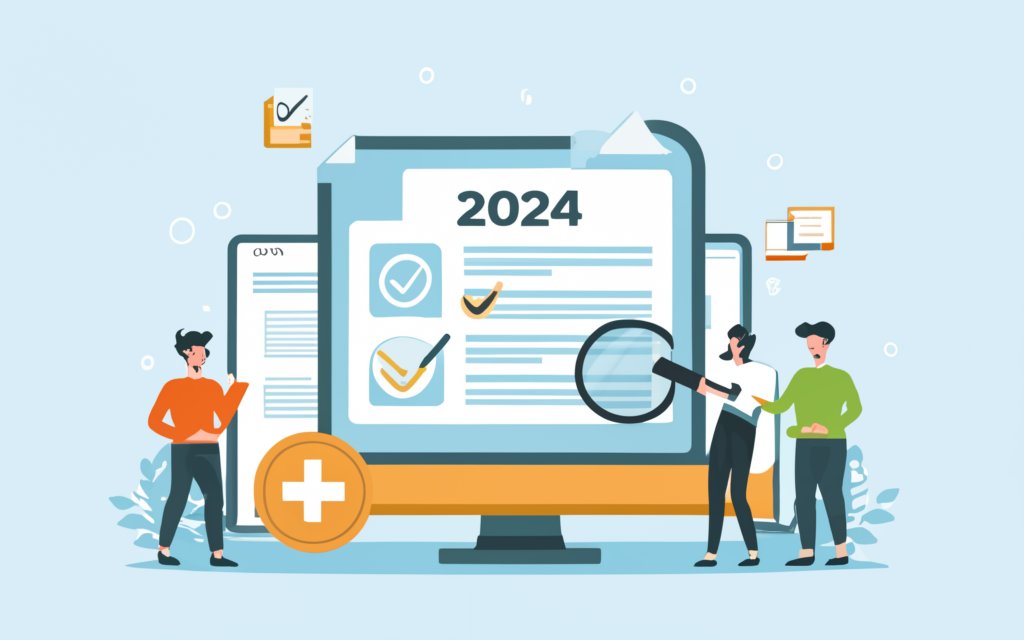
Becoming a Certified Internal Auditor (CIA) demonstrates your expertise in internal auditing and your commitment to the profession. The CIA is the only globally recognized certification for internal auditors and is highly valued by employers around the world.
Why Earn the CIA Credential?
- Boost your career opportunities and earning potential
- Gain recognition as an internal audit leader
- Expand your internal audit knowledge and skills
- Access the global community of over 170,000 CIAs
The CIA exam covers key areas of expertise:
- Internal audit basics
- Tools and techniques used by internal auditors
- Mandatory guidance from the IIA
- Specialty areas like financial accounting or information technology
To become a CIA, you must pass a rigorous 3-part exam and meet the experience and education requirements. The CIA program is administered by the Institute of Internal Auditors (IIA), the leading professional association for internal auditors.
Benefits for Individuals and Organizations
With enhanced expertise and professional credibility, CIAs bring substantial value to their organizations. CIAs can effectively assess risk, evaluate controls, and identify process improvements.
Organizations that employ CIAs can leverage their skills to:
- Strengthen risk management
- Improve efficiency
- Promote good corporate governance
- Drive change and innovation
In today’s complex business landscape, the certified internal auditor credential is more relevant than ever. Earning the CIA opens up career opportunities for ambitious professionals and helps organizations succeed.
How to Become a CIA for internal auditing success
Becoming a Certified Internal Auditor (CIA) can greatly benefit your career in internal auditing and help drive success. Here is a step-by-step guide:
Get the required experience
You need at least 2 years of internal auditing or equivalent experience to qualify for the CIA exam. This experience builds essential knowledge needed to pass the exam and work as an effective CIA. Try to get this experience before taking the exam.
Pass the exam
The 3-part CIA exam covers key topics like internal audit basics, conducting engagements, and business analysis skills. Studying CIA exam prep materials thoroughly will help you pass. The parts can be taken together or separately.
Apply for certification
Once you pass all 3 exam parts, submit your CIA certification application to the Institute of Internal Auditors (IIA). This verifies your experience and launches your official CIA certification.
Meet the ethics requirements
As a CIA, you must adhere to IIA’s Code of Ethics and pass an online ethics exam every 2 years. Ethical conduct is crucial for CIAs.
Get required CPE hours
Maintaining your CIA requires getting 40 hours of Continuing Professional Education (CPE) each year covering relevant audit topics. CPE keeps your skills sharp.
Becoming a CIA requires dedication but pays off through more career opportunities, higher pay, and greater expertise in the internal auditing field. Use this guide to launch your CIA journey. The effort is well worth it.
Certified Internal Auditor: Qualifications
Becoming a Certified Internal Auditor (CIA) requires meeting several qualifications set by The Institute of Internal Auditors (IIA). Here are the key steps to earning the CIA credential:
Education
To qualify for the CIA program, you must have at least a bachelor’s degree or an equivalent like:
- An associate’s degree plus 5 years of internal audit experience
- An internal audit practitioner designation
- Final year of college
Having a relevant degree like accounting, finance or business administration can help prepare you for the CIA exams.
Exam
After getting approved into the CIA program, you need to pass a 3-part exam that covers internal audit knowledge, skills, and techniques. The parts are:
- Part 1 – Essentials of Internal Auditing
- Part 2 – Practice of Internal Auditing
- Part 3 – Business Knowledge for Internal Auditing
Each part has 125 multiple-choice questions and you have 2 hours to complete each part. The exams are offered in 4 testing windows each year.
Experience
Along with education and exam requirements, you need at least 2 years of internal audit or equivalent experience like risk management or quality assurance.
1 year of experience can be waived if you have a master’s degree.
Ethics
Finally, CIA candidates must adhere to IIA’s Code of Ethics and pass an online ethics exam. Continuing Professional Education (CPE) is also required to maintain your certification.
Bottom Line
Earning the CIA credential requires dedication through education, exam, experience and ethics requirements. Becoming a CIA boosts your credibility as an internal audit professional.
Certified Internal Auditor: Education requirements
Becoming a Certified Internal Auditor (CIA) demonstrates your competence and knowledge in conducting internal audits. The CIA certification is globally recognized as the standard of excellence for internal auditors.
To become a CIA, you need to meet certain education requirements set by The Institute of Internal Auditors (IIA):
Bachelor’s degree
- Having a bachelor’s degree or higher meets the education requirements to enter the CIA program.
- The bachelor’s degree can be in any field. Degrees like accounting, finance, business administration are common.
- With a bachelor’s degree, you need 2 years of internal audit work experience before getting certified.
Master’s degree
- A master’s degree also meets the eligibility criteria.
- Relevant master’s degrees include accounting, finance, business administration, internal auditing.
- With a master’s, you only need 1 year of audit experience before certification.
No bachelor’s degree
- If you do not have a bachelor’s degree, you need 5 years of internal audit experience to qualify.
So in summary, a bachelor’s degree holder needs 2 years of audit experience, a master’s degree holder needs 1 year, and someone with no degree needs 5 years before getting the CIA certification.
The work experience must be in internal auditing or equivalent fields like quality assurance, compliance, risk management. Meeting the eligibility criteria allows you to sit for the 3 CIA exam parts.
Certified internal auditor: Ethics requirements
Becoming a certified internal auditor (CIA) demonstrates your credibility, skills, and commitment to the internal audit profession. The CIA designation is globally recognized as the premier certification for internal auditors.
To become a CIA, you must meet several eligibility requirements related to education, experience, and ethics:
Education
- You must have a bachelor’s degree or higher from an accredited college or university. An advanced degree improves your chances of passing the exams.
Experience
- You need at least 2 years of internal audit experience or equivalent experience such as external auditing. This work experience must be verified and documented.
Ethics
- You must agree to adhere to the Code of Ethics outlined by The Institute of Internal Auditors (IIA), which includes principles of integrity, objectivity, confidentiality, and competency.
- Specifically, the Code of Ethics requires CIAs to:
- Perform work with honesty, diligence, and responsibility
- Observe the law and make disclosures expected by the law and the profession
- Not knowingly be a party to any illegal activity or engage in acts that are discreditable to the profession
- Respect and contribute to the legitimate and ethical objectives of the organization
The IIA’s Code of Ethics promotes an ethical culture in the global profession of internal auditing. Upholding these ethics is critical for certified auditors.
Certified Internal Auditor: Exam requirements and format
Becoming a Certified Internal Auditor (CIA) requires passing a three-part exam covering essentials of internal auditing, practice of internal auditing, and business knowledge. Here are the key steps to earning the CIA credential:
Education and Experience Requirements
- Education: You must have a bachelor’s degree or higher. A master’s degree waives 1 year of required experience.
- Experience: You need either 2 years of internal audit experience or 2-5 years of equivalent experience in fields like external auditing or risk management.
Pass the 3-Part CIA Exam
- Part 1: Essentials of Internal Auditing (125 questions, 2.5 hours)
- Part 2: Practice of Internal Auditing (100 questions, 2 hours)
- Part 3: Business Knowledge for Internal Auditing (100 questions, 2 hours)
Format: The exam is computerized with multiple-choice questions. You have 3 years maximum to pass all 3 parts. Each exam part is scored separately.
Study Resources: Use prep courses, practice exams, CIA exam syllabi, and study groups. Focus on the IIA’s Attribute and Performance Standards.
Schedule and Take the Exam
- Register and pay fee for each exam part separately.
- Take the exam at Prometric testing centers worldwide.
- Passing score is 600 out of 1000 possible points.
Maintain Your Certification
- Complete 40 CPE hours annually, 2 of which must cover ethics.
- Report CPE hours to maintain your CIA credential.
Earning the CIA certification demonstrates your expertise in internal auditing, boosts your career advancement opportunities, and keeps your audit skills sharp through required continuing education.
Certified Internal Auditor: Experience requirements
Becoming a Certified Internal Auditor (CIA) requires meeting several eligibility requirements, including education, exam, ethics, and experience. The experience requirement to become a CIA depends on your education level:
If you have a bachelor’s degree or higher:
- You need 2 years of internal audit experience or equivalent
If you have an associate’s degree, high school diploma, or equivalent:
- You need 5 years of internal audit experience or equivalent
Equivalent experience includes:
- Compliance positions
- External auditing
- Internal control roles
- Quality assurance
- Risk management
The experience must meet these criteria:
- Gained in an internal auditing or equivalent position
- 2 out of the 5 years must be within the last 3 years
- Experience can be completed before, during or after passing the exams
- Experience must be finished within 3 years of passing final exam
To verify your experience:
- Get your supervisor or HR department to sign off on a verification form
- Submit form to The Institute of Internal Auditors (IIA)
- Experience will be reviewed and validated by IIA
Once your experience is validated by The IIA, and you have met all other CIA requirements, you will be awarded the Certified Internal Auditor designation.
Becoming a CIA opens up higher-level job opportunities and shows your dedication to the internal audit profession. With some careful planning and preparation, you can meet the experience requirements and be on your way to becoming a CIA!
Certified Internal Auditor: Other requirements
In addition to passing the CIA exam and fulfilling the education and experience requirements, there are a few other obligations you must meet to earn the Certified Internal Auditor (CIA) credential:
Ethics Requirement
You must agree to adhere to The IIA’s Code of Ethics while studying for and after becoming certified. This demonstrates your commitment to integrity, objectivity, confidentiality, and competency.
Continuing Professional Education
- Once certified, you need to complete 40 hours of continuing professional education each year, with at least 20 hours directly relating to internal auditing. This ensures you stay current with internal audit standards, procedures, and best practices.
Reporting Your CPE Hours
- You must report your CPE hours to The IIA annually to maintain your certification. This can easily be done online through The IIA’s certification tracking system.
Pay Annual CIA Certification Fee
- An annual certification fee must be paid to The IIA to keep your certification active. This fee covers the costs of program administration and allows you to take full advantage of CIA benefits.
Meeting these extra requirements ensures CIAs remain ethical and keep their knowledge sharp through continuing education. Fulfilling these obligations demonstrates an ongoing commitment to the internal audit profession. They reinforce the premier status of the CIA credential and support the high standards of professionalism CIAs are expected to uphold.
Variations in CIA qualifications
The Certified Internal Auditor (CIA) credential has some variations in the qualifications required to earn it. Here are the key things to know:
Education Requirements
- The amount of work experience required for the CIA depends on your education level.
- If you have a master’s degree or equivalent, you need 1 year of experience.
- With a bachelor’s degree or equivalent, 2 years of experience is required.
- If you only have a high school diploma, associate’s degree, or equivalent, 5 years of experience is required.
Exam Requirements
- The CIA exam has 3 parts that must be passed within 3 years.
- Part 1 covers the fundamentals of internal auditing with 125 questions over 2.5 hours.
- Part 2 focuses on internal audit practices with 100 questions over 2 hours.
- Part 3 covers business concepts like IT, finance, and information security with 100 questions over 2 hours.
Ongoing Requirements
- CIAs must complete 40 hours of Continuing Professional Education each year, with at least 20 hours directly relating to internal auditing.
- CIAs must adhere to The IIA’s Code of Ethics and submit an Annual Confirmation of Continuing Professional Education form.
Benefits
Becoming a CIA signals credibility, proficiency, and commitment. Key benefits include:
- Enhanced job prospects and earning potential
- Recognition as an internal audit leader
- Globally recognized certification in the field
The CIA sets the standard for excellence, with over 185,000 certified professionals worldwide. Meeting the requirements demonstrates the knowledge and skills to effectively carry out internal audit responsibilities.
Certified Internal Auditor requirement exemptions
Becoming a Certified Internal Auditor (CIA) is a prestigious accomplishment that requires meeting several requirements set by The Institute of Internal Auditors (IIA). These include education, examination, experience, and ethics requirements. However, under certain circumstances, candidates may qualify for exemptions.
Exemptions allow candidates to bypass some requirements based on equivalent qualifications obtained through alternate paths. This allows more qualified professionals to obtain the CIA certification.
Some common CIA requirement exemptions include:
- Education exemption
- Candidates with a master’s degree or Ph.D. may qualify to bypass the bachelor’s degree requirement
- Relevant professional qualifications like CPA, CA, CMA, CIA may also qualify
- Examination exemption
- Candidates who hold specific approved certifications like CGAP, CCSA, CFSA may qualify to skip certain CIA exam parts
- Experience exemption
- Internal audit practitioners with 5+ years of experience may bypass general experience requirements
- Relevant experience in fields like accounting, risk, or compliance may also qualify
To apply for an exemption, candidates must submit transcripts and documentation that supports their request. The IIA reviews each request carefully before granting exemptions.
Leveraging exemptions allows qualified professionals to skip requirements they have essentially already met. This saves time and cost to obtain a valuable CIA certification. However, all candidates must still meet the ethics requirement and pass any required CIA exam parts.


